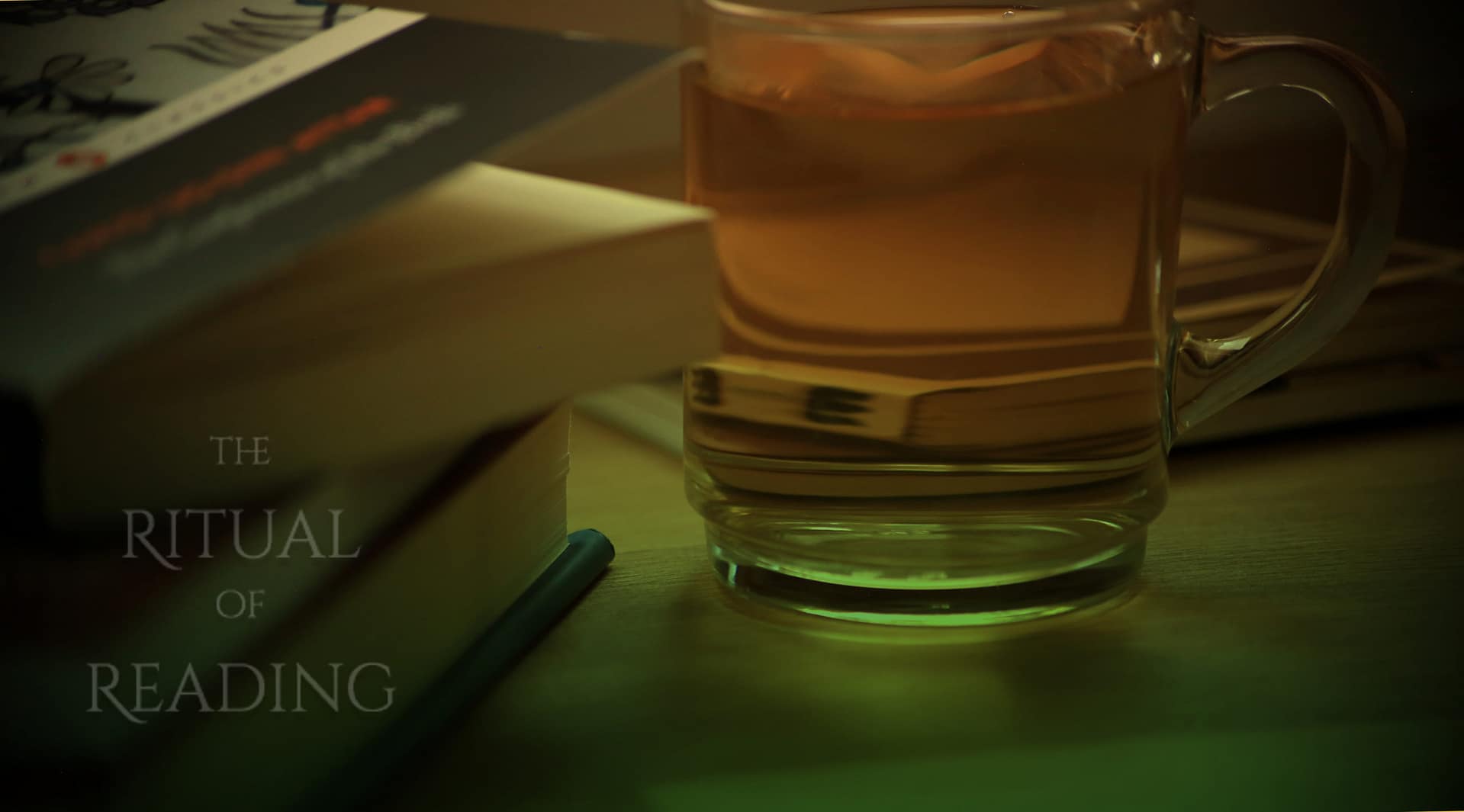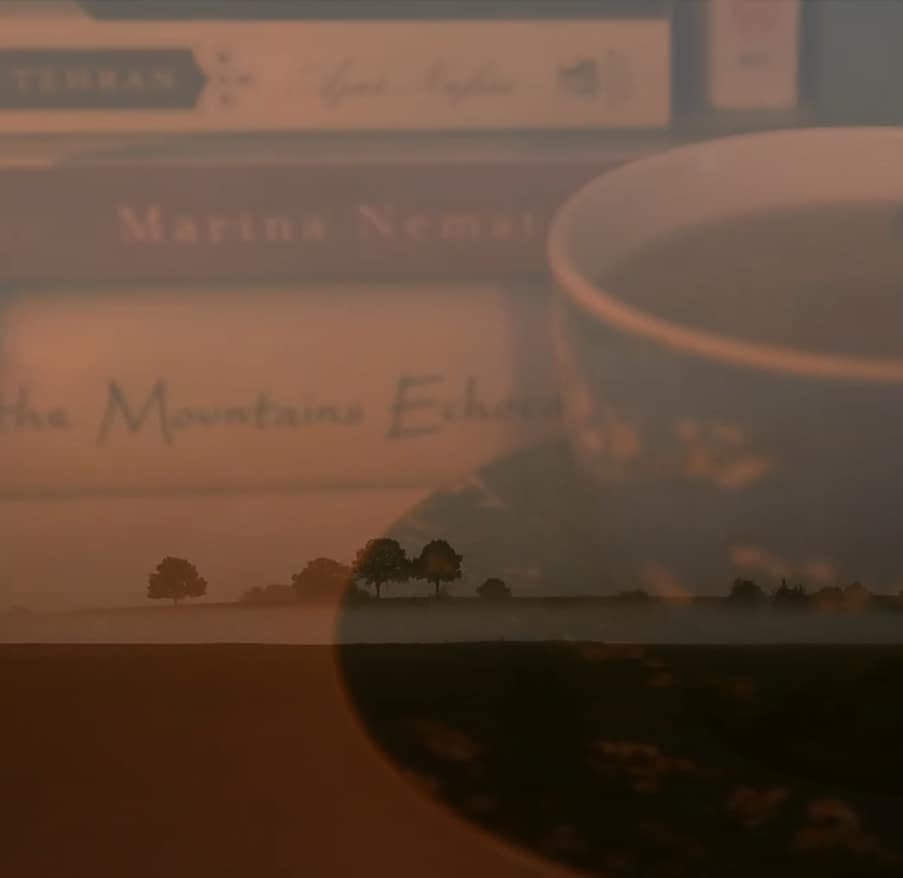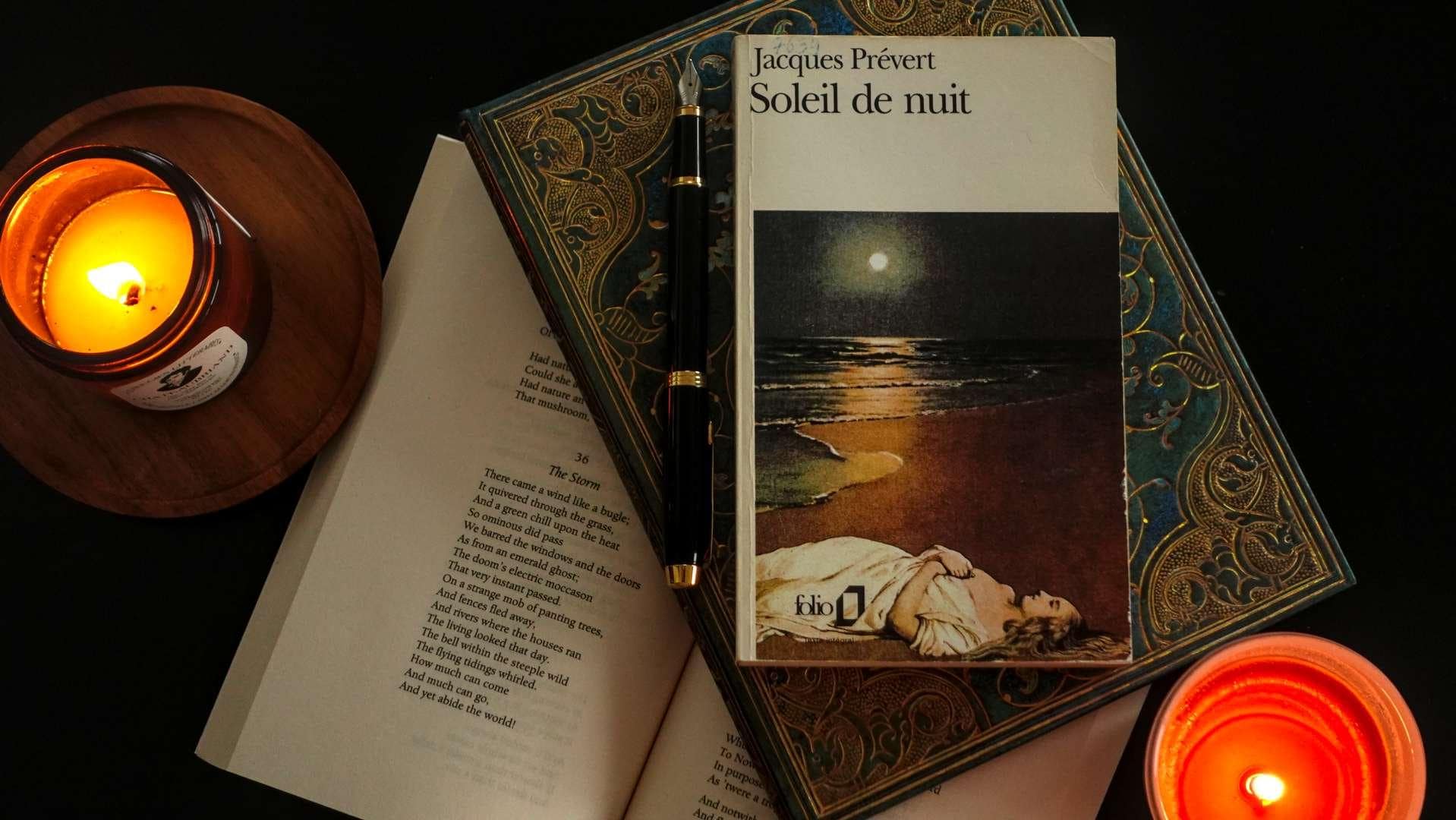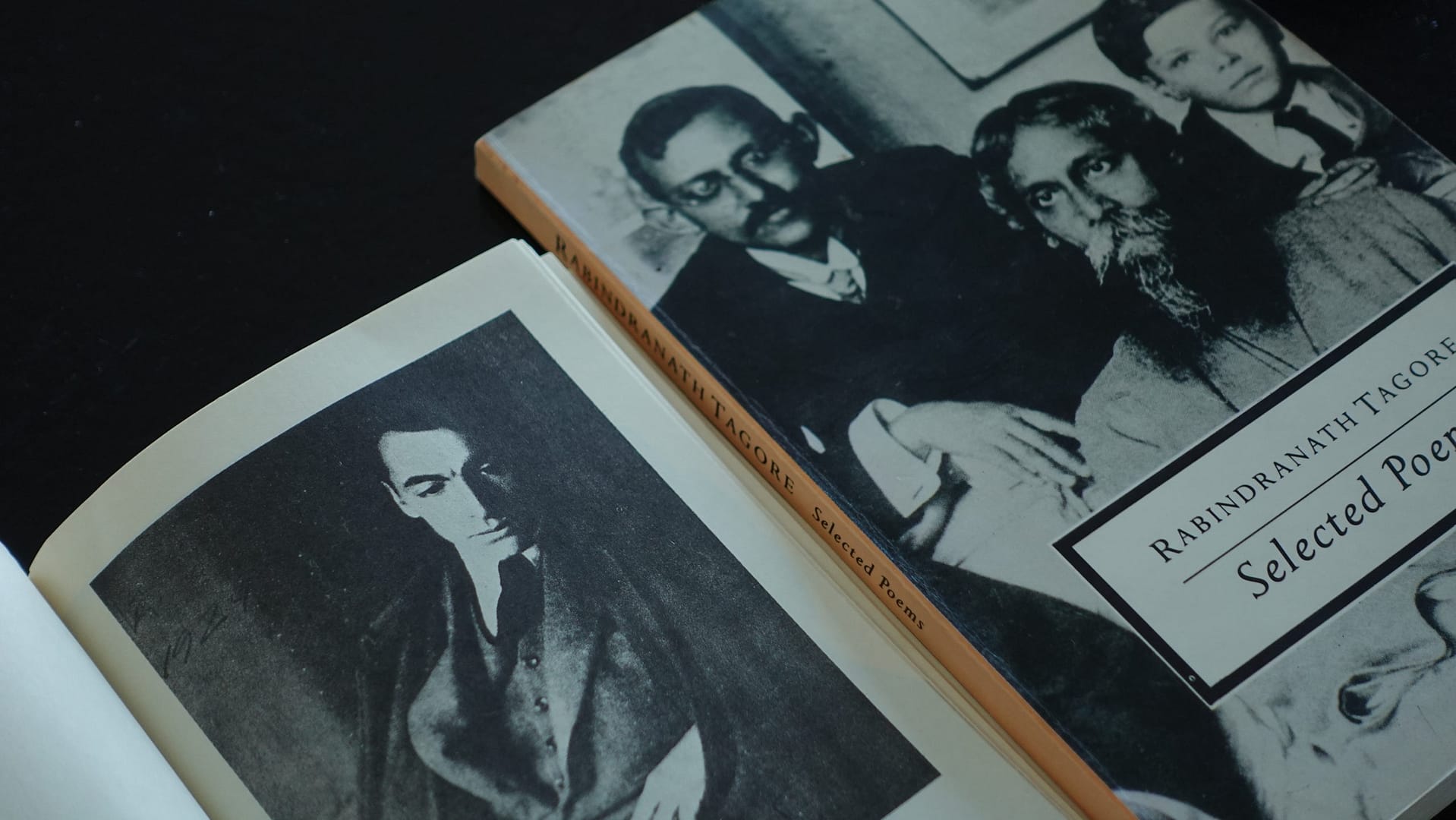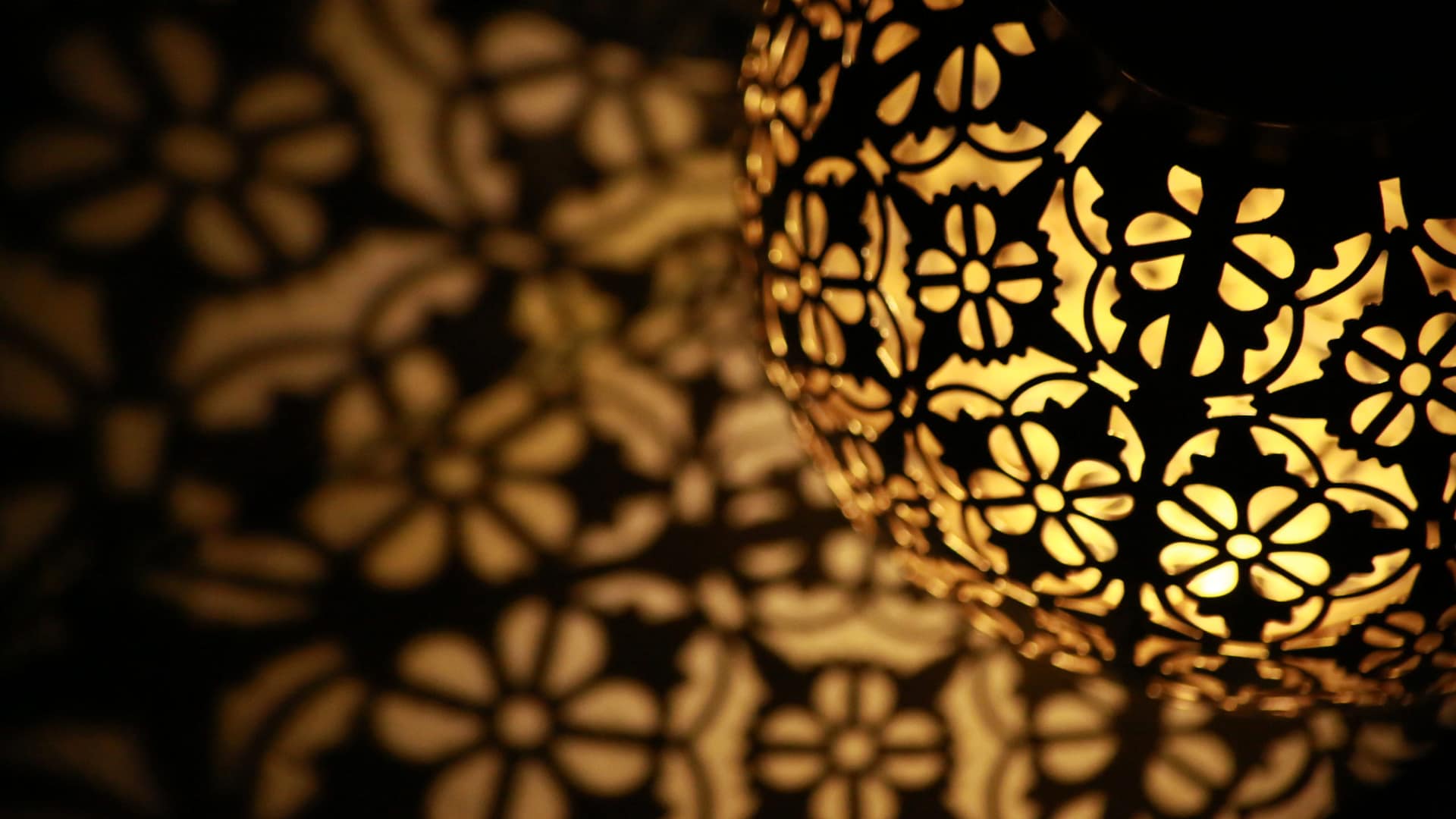If….
by Rudyard Kipling
If you can keep your head when all about you
Are losing theirs and blaming it on you;
If you can trust yourself when all men doubt you,
But make allowance for their doubting too;
If you can wait and not be tired by waiting,
Or being lied about, don’t deal in lies,
Or being hated, don’t give way to hating,
And yet don’t look too good, nor talk too wise:
If you can dream, and not make dreams your master;
If you can think, and not make thoughts your aim;
If you can meet with Triumph and Disaster
And treat those two imposters just the same;
If you can bear to hear the truth you’ve spoken
Twisted by knaves to make a trap for fools,
Or watch the things you gave your life to, broken,
And stoop and build ’em up with worn-out tools;
If you can make one heap of all your winnings
And risk it on one turn of pitch-and-toss,
And lose, and start again at your beginnings
And never breathe a word about your loss;
If you can force your heart and nerve and sinew
To serve your turn long after they are gone,
And so hold on when there is nothing in you
Except the Will which says to them: “Hold on!”
If you can talk with crowds and keep your virtue,
Or walk with kings, nor lose the common touch,
If neither foes nor loving friends can hurt you,
If all men count with you, but none too much;
If you can fill the unforgiving minute
With sixty seconds’ worth of distance run,
Yours is the Earth and everything that’s in it,
And, which is more, you’ll be a Man, my son!
The first thing that comes to mind when I hear of Kipling is Kim. I never read the novel, but can remember perfectly that it stood in my parents library, on the bottom shelves where I could see it when I was about 6 or 7. There were two volumes, quite thin, the colour of milky tea. The first had one star next to the title, and the second one had two stars. I wondered for a long time what those stars meant, and when I finally discovered that we didn’t have two copies of the same book, but one book divided into two volumes, it felt like the world I knew was small and insignificant compared to what I had just discovered. So through a completely random story, I met Kipling.
Then later on, my mother showed me an anthology of Nobel Prize laureats for Litterature, and she pointed out Kipling, with his poem, If… I was hooked.
That’s when I discovered that Kipling was a british author born in India, and that the novel whos covers I had thoroughly explored in my childhood spoke of the people, the culture and the many religions of India.
So when I think of Kipling today, I start by preparing a cup of Darjeeling First Flush.
You’ve most likely already tasted a classic Darjeeling, as had I when I first tried this special harvest, and I must admit it was never one of my favourites. During those 3 long minutes of infusion, I immediately recognized the Darjeeling perfume, so I took the cup to my lips thinking I knew what to expect. And I was in for a surprise, as I finally appreciated the Darjeeling aroma, free from the bitterness of the over oxidized leaves. The spring harvest in Darjeeling (first flush) is eagerly anticipated every year, and takes place from the end of February to April. It produces lively, young, light teas with an exceptional aromatic complexity. Fruity and floral, hinting of the Himalayan grandor that shadows the plantations, this liquid light gold is a beautiful blend of British tradition and Indian heritage.
If Kipling’s cup of tea is settled, then his perfume is still up for debate… My personal preference goes towards the Queen of Spices, cardamom. 4000 years ago, cardamom was a wild plant, indigenous to southern India. Then, in the 19th century, the British started cultivating it and it soon became a world known treasure. One of the most expensive spices, it is only surpassed by safrron and vanilla, so when you hold a tiny green pod between your fingers, you mustn’t let the light weight confuse you. This is a precious moment.
Start by smelling the outside pod, already packed full of perfume, as if to prepare you for what you’ll find inside. Then pierce the pod with your fingernail and smell again. The essential oils have been released, your brain starts making rapid connections while taking in the volatile molecules, and if you close your eyes, you have traveled the world. There are days when I would like to smell like a freshly opened cardamom pod, spicy, exotic but fresh and invigorating, the smell of courage and freedom.
If you would like to support The Ritual of Reading, please consider purchasing your books from the Bookshop.org dedicated site by clicking the link below. You get to support local bookstores and I make a small commission with every purchase. Thank you !


